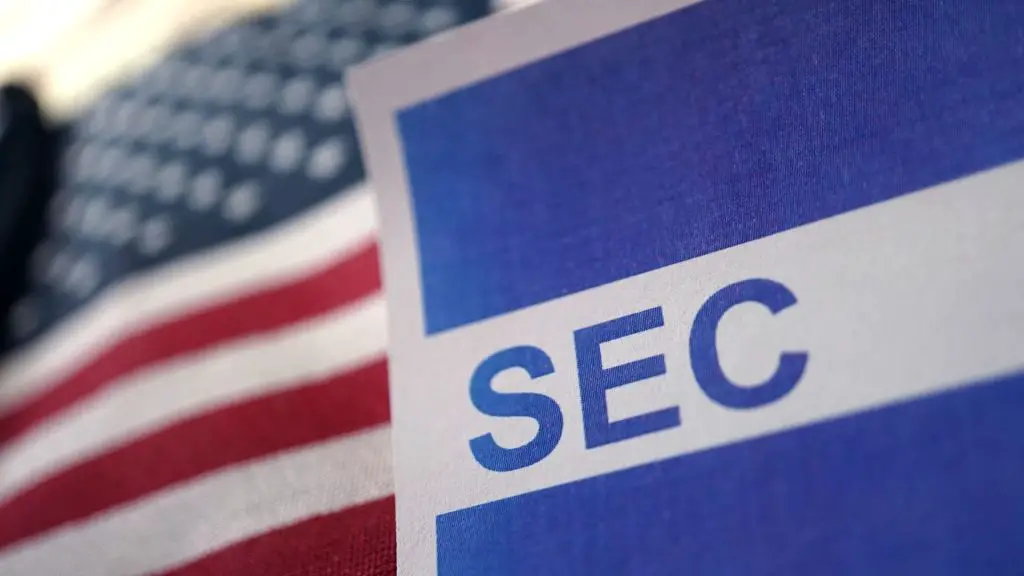FinCEN and SEC, two pivotal regulatory bodies in the United States, play distinct yet intersecting roles in the oversight of financial markets and assets, including cryptocurrencies.
FinCEN, or the Financial Crimes Enforcement Network, primarily focuses on combating money laundering and other financial crimes, while the SEC, the Securities and Exchange Commission, is dedicated to maintaining fair, orderly, and efficient markets by protecting investors and facilitating capital formation.
Their perspectives on cryptocurrencies and digital assets differ; FinCEN typically views them through the lens of potential avenues for illicit activities, whereas the SEC is more concerned with whether these assets qualify as securities and how they should be offered and traded.
Together, their regulations provide a comprehensive framework that seeks to ensure both the security and legitimacy of digital asset transactions in the U.S., albeit often presenting complex challenges for industry participants.
FinCEN and SEC
FinCEN, which falls under the U.S. Department of the Treasury, plays a crucial role in protecting the financial system from threats. Their focus extends to the operations involving cryptocurrencies and the organizations dealing with them.
So what does FinCEN do? This body targets domestic and international money laundering, terrorist financing, and other forms of financial crimes. It aims to safeguard the integrity and stability of the U.S. financial system – a task of no small importance, given the rise of cryptocurrencies.
Let’s delve into FinCEN’s regulations for Money Services Businesses (MSBs). These rules are pivotal to your understanding of how cryptocurrency exchanges, operating in the U.S., are viewed and regulated. According to FinCEN, such exchanges are considered as MSBs. What does this mean for these businesses?
As an MSB, a cryptocurrency exchange must comply with a multitude of reporting and record-keeping requirements. One of the most significant is the establishment of an effective Anti-Money Laundering (AML) program. This program isn’t just about having a set of written policies; it entails creating internal policies, procedures, and controls robust enough to deter and detect money laundering activities.
Moreover, each MSB must have a dedicated AML officer, an individual responsible for managing these policies and ensuring their effective implementation. Regular training of staff is also essential so that the organization as a whole can act as a fortified barrier against money laundering.
MSBs also have to conduct regular independent audits. These audits assess the effectiveness of their AML program and identify any areas for improvement. FinCEN requires MSBs to be proactive in reviewing and improving their systems regularly.
Another crucial regulation under FinCEN’s purview is the ‘Know Your Customer’ (KYC) rule. You’ve probably encountered this term if you’ve ever opened a bank account or signed up for a financial service. The rule requires MSBs to verify the identities of their customers. It is designed to prevent identities theft, financial fraud, and terrorist financing.
Suspicious Activity Reports (SARs) are another key element in FinCEN’s arsenal. MSBs are obliged to report any suspicious transaction that might signify money laundering, tax evasion, or other criminal activities. If a transaction is valued over $10,000 or is suspicious regardless of its size, it must be reported to FinCEN.
You will now move on to the next influential actor in the U.S. regulatory landscape, the Securities and Exchange Commission (SEC). The SEC has an essential role in maintaining fair, orderly, and efficient markets. It’s also responsible for protecting investors, and as cryptocurrencies gained prominence, it has become a central regulatory body in this space.
The SEC’s involvement is most evident when it comes to Initial Coin Offerings (ICOs). ICOs are essentially fundraising mechanisms where new crypto projects sell their underlying tokens in exchange for bitcoin or ether. If you think about it, it’s a lot like an Initial Public Offering (IPO) where investors purchase shares of a company.
The SEC has argued that depending on their characteristics, tokens sold via ICOs may fall under the definition of securities under U.S. law. That means they would be subject to SEC regulations. Any ICO needs to be registered with the SEC unless it qualifies for an exemption, and failing to adhere to this requirement can lead to serious penalties.
This was seen in the case of The DAO, a decentralized autonomous organization representing a complex set of interlocking smart contracts. The SEC ruled that tokens sold by The DAO were securities because they represented a stake in the company and were expected to yield dividends. This had far-reaching implications, as it implied many ICOs could be subject to securities regulation.
Navigating the U.S. regulatory landscape can be complex with its multifaceted approach toward cryptocurrencies and blockchain. However, understanding the roles and regulations laid down by crucial agencies like FinCEN and the SEC can make this task manageable. Remember, this knowledge is critical for anyone looking to venture into the world of blockchain, either as an entrepreneur, an investor or even as a user of these platforms. It gives you insight into the rights, safeguards, and possible regulatory risks associated with your investments.
Final Thoughts
As the world of cryptocurrencies and blockchain technology rapidly evolves, the U.S. regulatory landscape, led by pivotal agencies like FinCEN and the SEC, aims to instill trust, stability, and integrity in this dynamic sector. While the multifaceted approach can seem daunting, a deep understanding of these regulations provides invaluable insights for participants, ensuring they operate within the bounds of the law while harnessing the revolutionary potential of digital assets. As the U.S. shapes its stance, its regulatory framework serves as a benchmark for global discussions on cryptocurrency governance.




